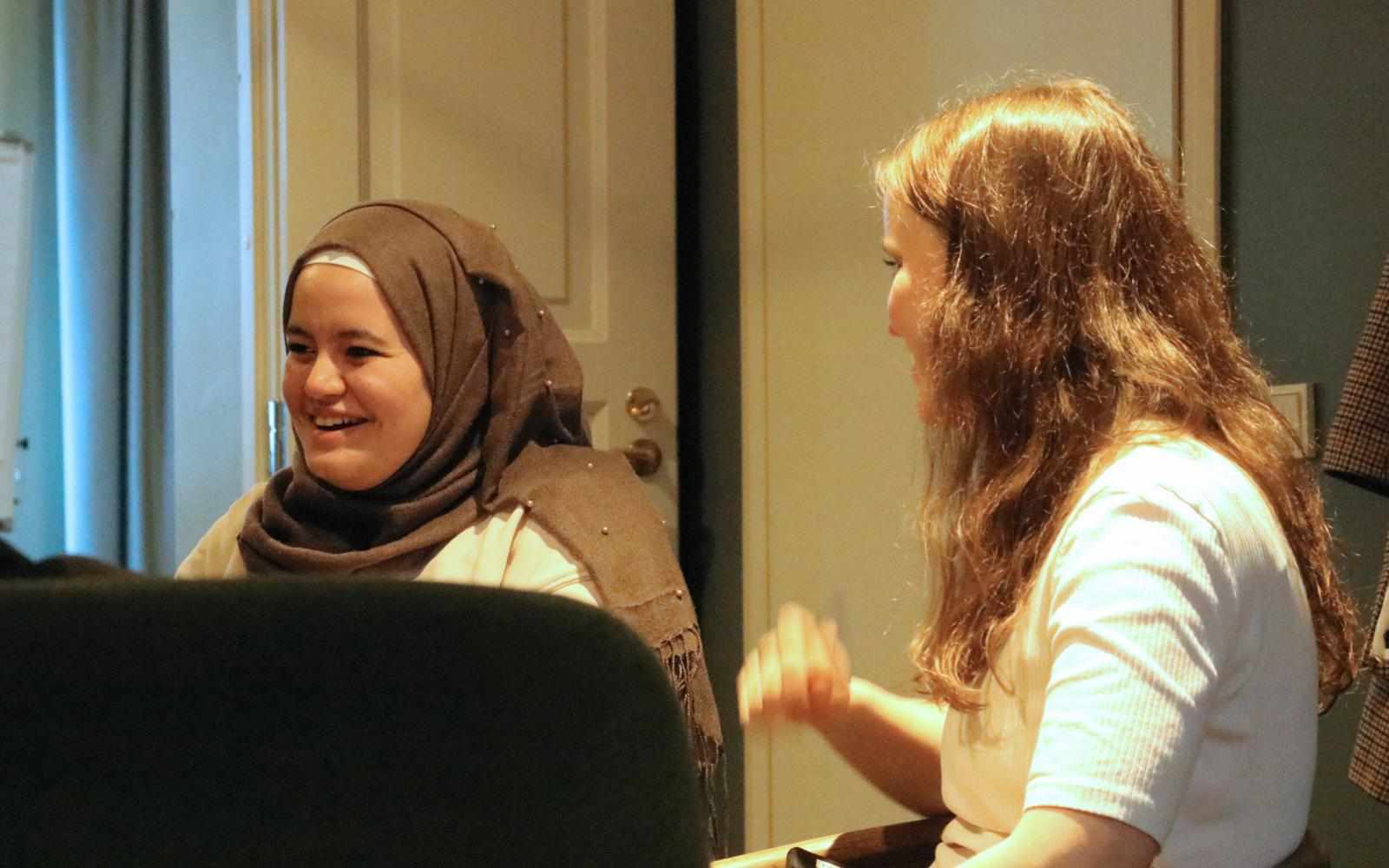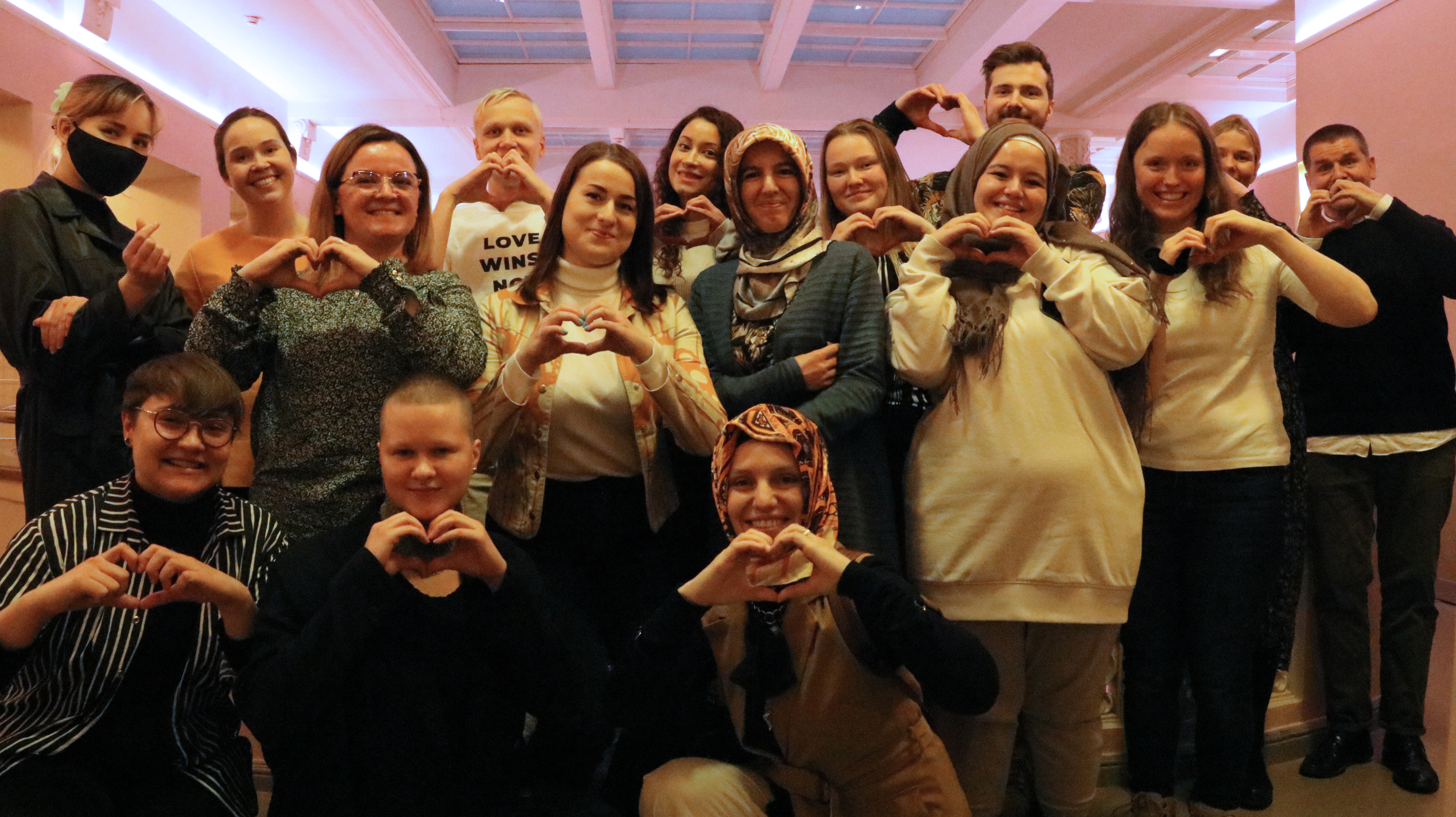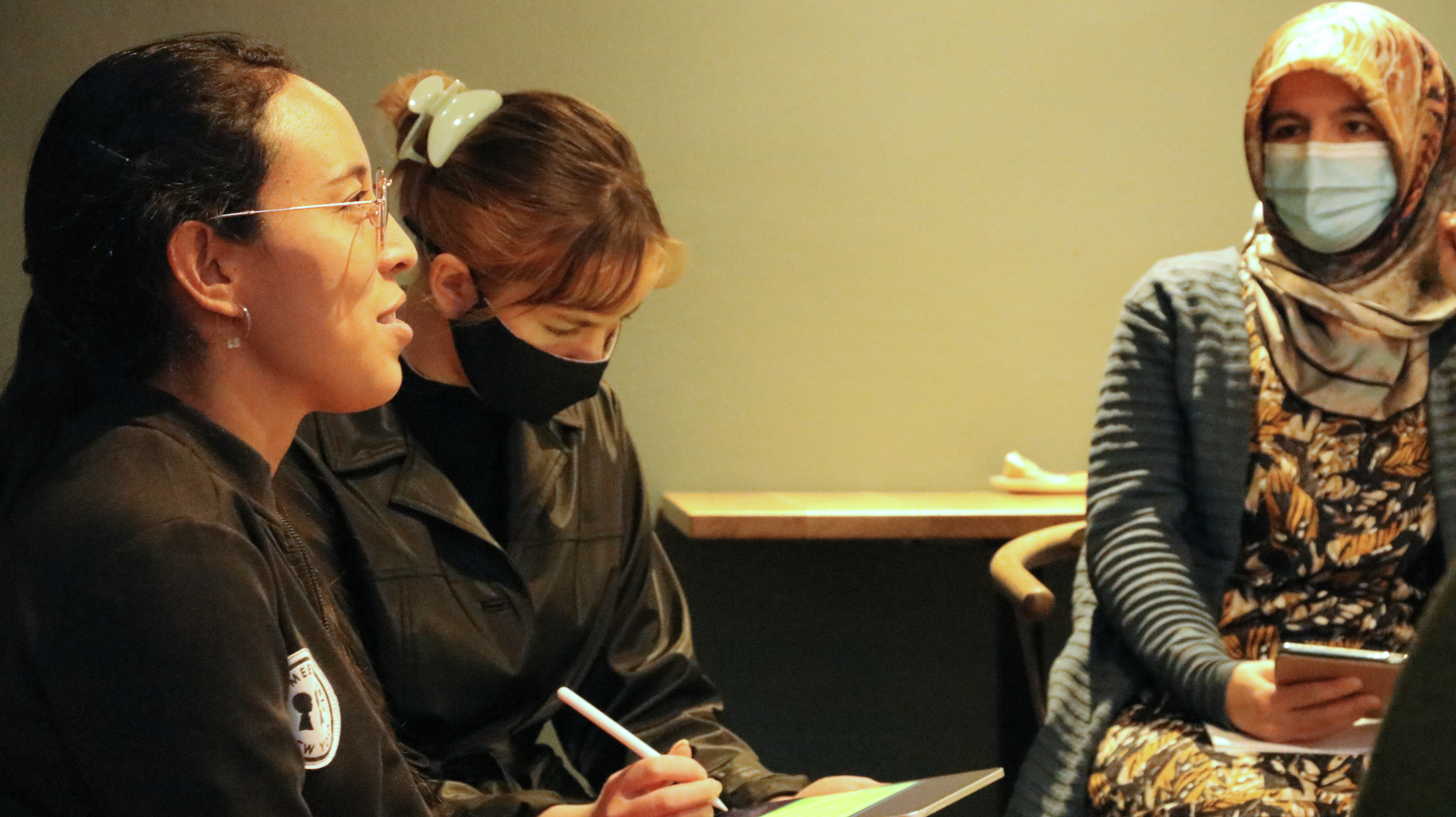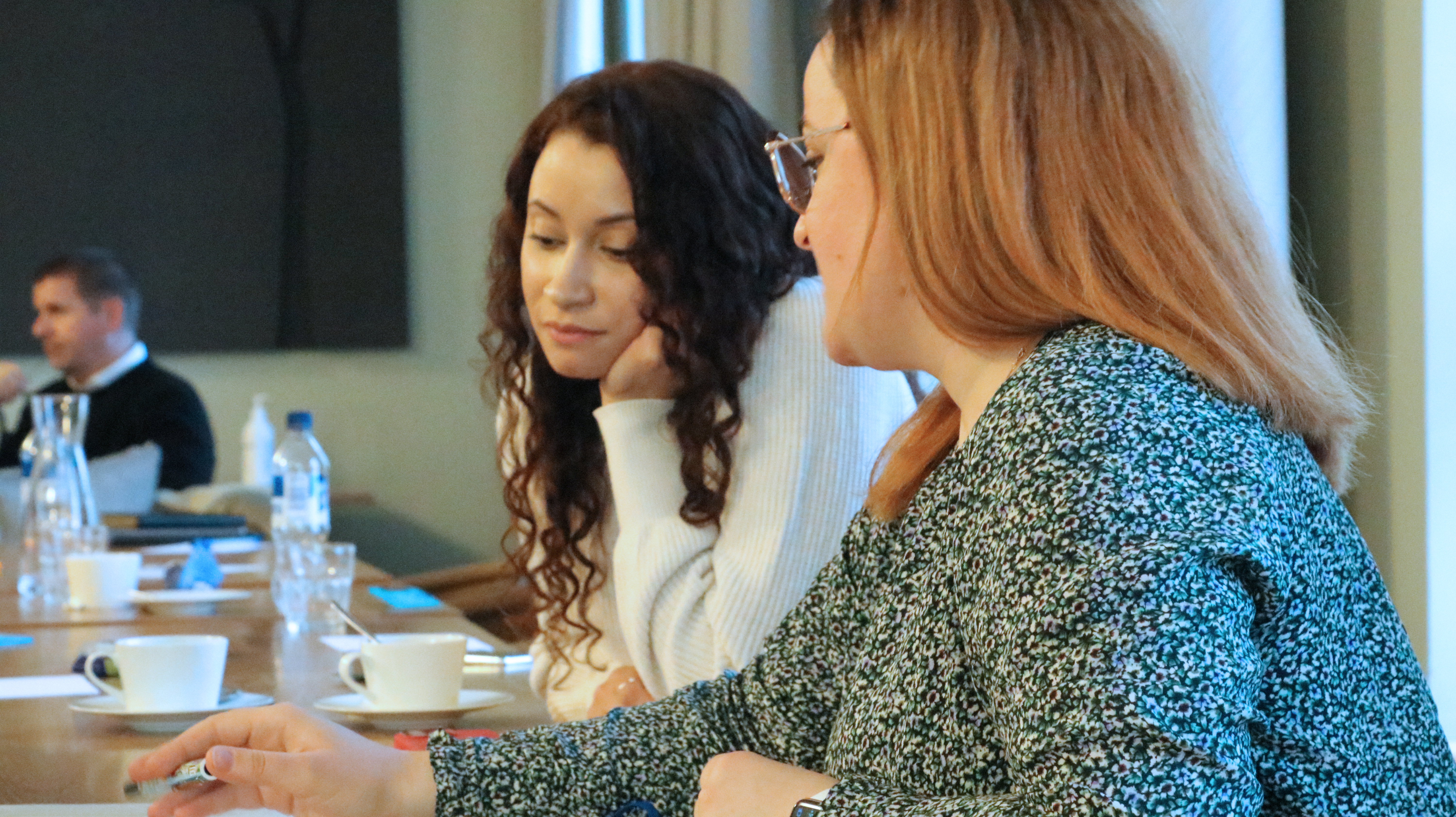Advocating for Diversity, Equity, and Inclusion in the workplace

The workshop consisted of a two-hour training session, providing an introduction to key concepts on DEI in a working context. The youth who participated in the workshop gained tools and knowledge of best practices. Key concepts discussed included understanding the most common barriers that prevent DEI from becoming a reality, and the current state of DEI in Finland but also globally.
Founded in 2019, Inklusiiv is an organization in Finland that promotes DEI in order to create and share knowledge but also to apply this in a practical context.
Similarly, DEI is also at the foundation of Ashoka’s vision for an Everyone a Changemaker World, where value is placed on diversity and creating the space where all are seen, respected, and included. The strategy to achieving this vision includes eliminating biases by practicing empathy-in-action, taking informed actions, and measuring the impact of DEI work along the journey.
Advancing inclusion on a practical level

This month’s workshop focused on how diversity is intersectional, where demographic, experiential, and cognitive factors all intersect. Yet, the benefits of diversity cannot be fully realized without inclusion. For instance, the workshop emphasized the importance of learning how to put inclusion into practice. Instead of focusing only on the concept, the skills and tools required to actively engage in inclusion were central to the session.
During the workshop, attendees discussed how building inclusion occurs through both behavioral and structural inclusion by encouraging personal transformation and transforming the system itself.
Discussions also focused on unconscious bias and privilege. Through understanding individual privilege and reflecting on how to be an active ally, the workshop gave tangible exercises to practice those skills. Inklusiiv explains how allyship is risking privilege to stand up for justice and turning conversation into action.
Who attended the workshop?
Leading the workshop, Maija Koponen is a DEI specialist and certified Change Manager specializing in sustainable culture change for fostering a sense of belonging in workplace communities. She supports companies to grow their understanding of DEI topics, build DEI strategies and create effective action plans.

Among the youth organizations that attended were: You Tell Me Collective, which works to increase awareness of the built environmental impact; Viral Vegans working against animal exploitation; SKY working to minimize disparities and marginalization; as well as artists and other young activists.
Key learnings for DEI in the work environment
To summarize some of the key concepts discussed on how to be an ally:
-
Speak up
-
Call out bullying behavior
-
Advocate for others
-
Acknowledge others’ ideas
-
Share the spotlight
-
Listen to others’ perspectives
Overall, the DEI workshop offered knowledge and exercises for how to put diversity, equity, and inclusion into practice. Inklusiiv’s commitment to helping organizations transform DEI as a concept into actionable steps, demonstrates the importance of implementing such programs as part of workplace training.

The youth engaging in the workshop’s discussions and activities showed their potential for transforming work environments and other contexts. Sharing such perspectives on how to engage in best practices is fundamental for reflecting the vision for diverse, equitable, and inclusive spaces.
If you are curious to know more about our youth programs and resources, subscribe to our bi-monthly newsletter and get up-to-date news straight to your inbox.